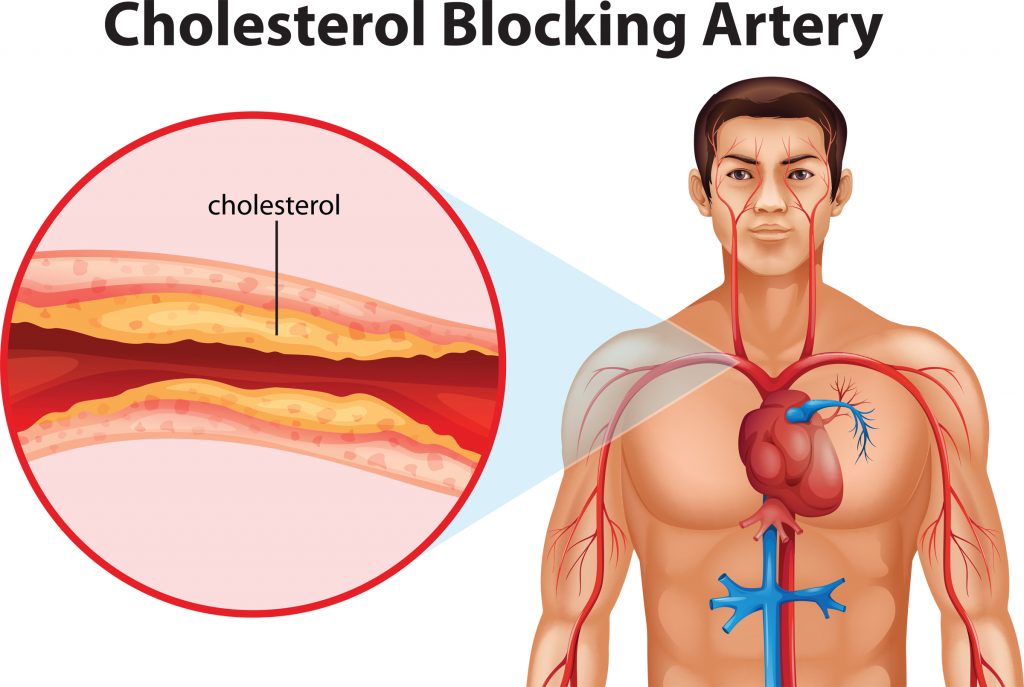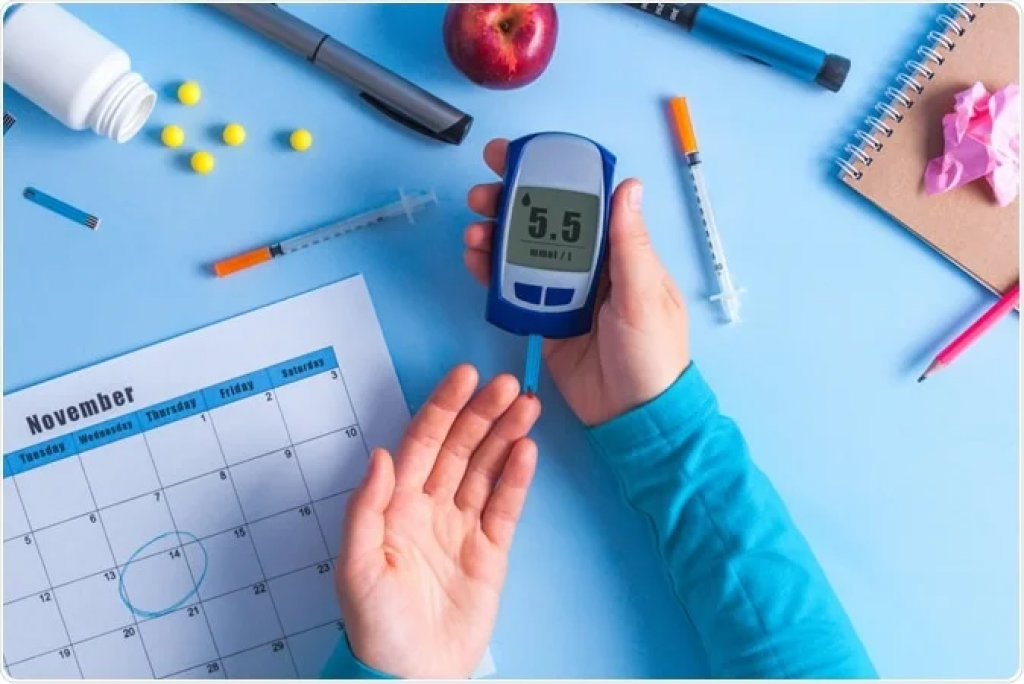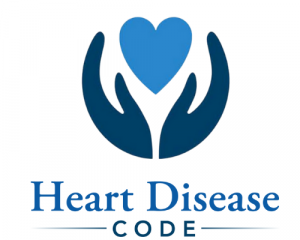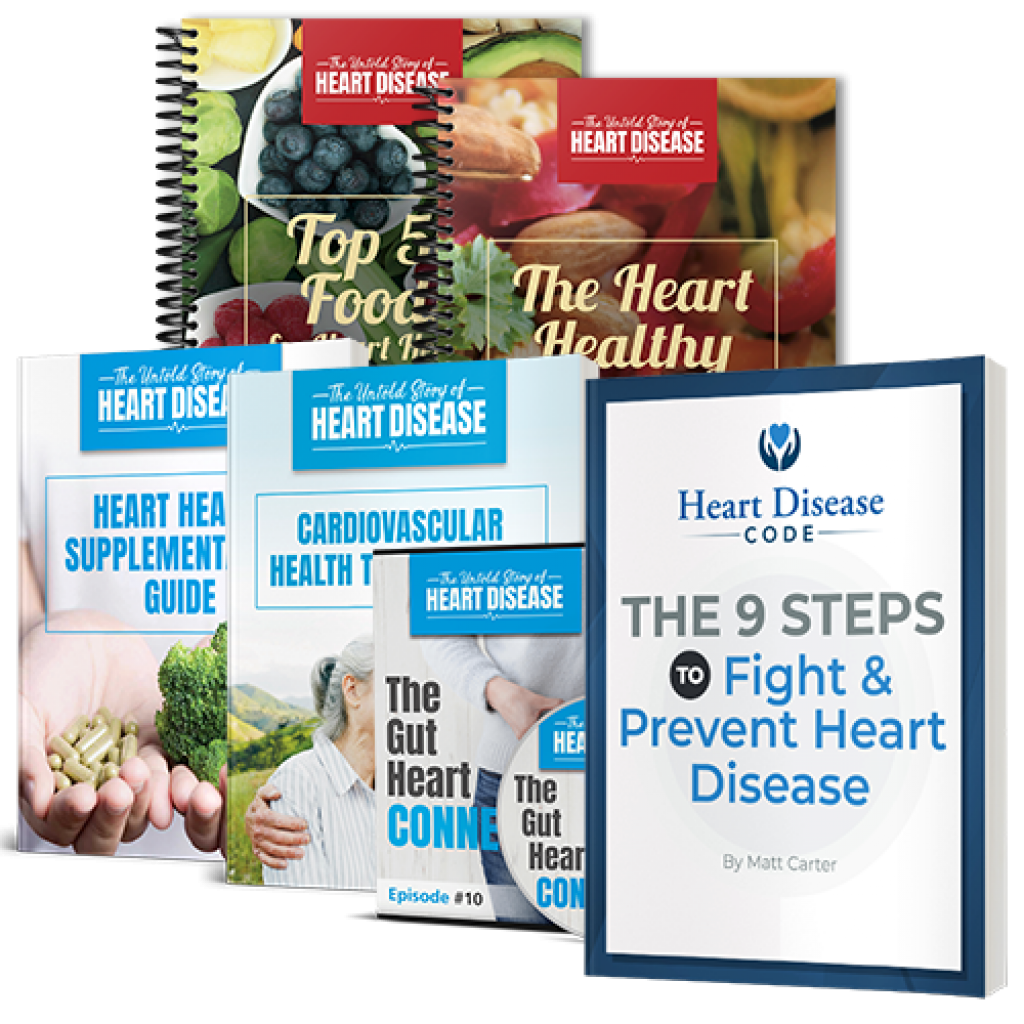
Heart Disease is the leading reason of death worldwide. It is known as the “Silent Killer” because the warning signs are often missed until it is too late.
It is also a major cause of disability.
A number of factors can enlarge your risk of developing heart problems. They are known as risk factors. Some are beyond your control, but there are many.
Knowing about them can help you reduce your risk of developing heart disease.
Several health conditions, as well as your lifestyle, age, and family history, can all increase your risk of heart disease. These are known as risk factors.
What causes heart disease :
Any condition affecting the cardiovascular system is referred to as heart disease. There are several types of heart disease, each of which affects the heart and blood vessels in a different way.
1. High blood pressure

High blood pressure is a significant risk factor for heart problems. It is a medical condition when the blood pressure in your arteries and other blood vessels becomes too high. High blood pressure can harm your heart and other vital organs such as your kidneys and brain if not controlled.
Because it usually has no symptoms, high blood pressure is referred to as a “silent killer.” The only way to determine if you have high blood pressure is to measure your blood pressure. You can reduce your risk of heart disease and heart attack by lowering your blood pressure through lifestyle changes or medication.
2. Cholesterol

Cholesterol is a waxy, fat-like substance that the liver produces or that can be found in certain foods. Your liver produces enough cholesterol to meet your body’s needs, but we often get more from the foods we eat.
If we consume more cholesterol than our bodies can use, the extra cholesterol can accumulate in the artery walls, including those of the heart. This causes artery narrowing and can reduce blood flow to the heart, brain, kidneys, and other parts of the body.
Usually, there are no signs or symptoms of high blood cholesterol. You can only find out if you have high cholesterol by having it tested. A simple blood test called a “lipid profile” can be performed by your doctor to measure your cholesterol levels. Read More.
3. Diabetes

Diabetes significantly raises your chances of developing heart disease.
This increases the risk of heart problems and stroke even when glucose levels are under control. If blood sugar is not well controlled, the risks increase.
Consult your doctor if you have diabetes and have not been testing for it. If diabetes runs in your family, you are more likely to develop it and should be test sooner. Read More
4. Stress

Individual responses to stress may play a role in heart attacks.
Some researchers have discovered a link between coronary heart disease risk and stress in a person’s life, as well as their health behaviors and socioeconomic status. These variables may have an impact on established risk factors.
People who are stress, for example, may overeat, begin smoking or smoke more than they would otherwise.
5. Smoking

Smoking use is a significant risk factor for heart problems. Both nicotine and carbon monoxide (from smoking) stress the heart by making it work harder. They also increase your chances of developing blood clots.
Other chemicals in cigarette smoke can harm the lining of your coronary arteries, causing furring. Smoking greatly grows your chances of developing heart disease.
Cigarettes are a bad habit for so many reasons, not only because of the damage they do to your blood vessels. Toxic chemicals in tobacco smoke play a significant role in atherosclerosis, the leading cause of CAD. Smoking also raises your blood pressure and doubles your risk of a heart attack.
6. Overweight and obesity

People with excess body fat, especially if it is concentrate around the waist, are more likely to develop heart disease and stroke, even if they have no other risk factors.
Excess weight places additional strain on the heart and raises blood pressure. Overweight and obese adults with risk factors for heart disease such as high blood pressure, high cholesterol, or high blood sugar can lose weight and significantly reduce risk factors such as triglycerides, blood glucose, and the risk of developing diabetes by making lifestyle changes.
7. Physical inactivity

People who are inactive, or “sedentary,” are more likely to develop heart disease. Regular, moderate-to-vigorous exercise is necessary for the prevention of cardiac and vascular disease.
One of the most essential things you can do for your health is to engage in regular physical activity. Physical activity can help you manage your weight, reduce your risk of disease, strengthen your bones and muscles, and improve your ability to perform daily tasks.
Physical activity also promotes normal growth and development, improves overall health, and can lower the risk of a variety of chronic diseases.
How to Prevent Heart Disease


The”heart Disease Code” was developed to give you everything you need to fight and prevent heart disease.
You will receive step-by-step instructions on how to fight heart disease, reduce your risk of heart disease, and improve your cardiovascular health, among other advantages.
This is a program that teaches users how to improve their heart health by changing their daily lifestyle habits. It provides users with a wealth of bonus materials, increasing their chances of staying healthy and fending off disease.
The Heart Disease Code is a guide that reveals everything there is to know about the risk of developing heart disease as well as the steps that can be taken to keep the condition (and its associated symptoms) from taking control of one’s life. This guide should be viewed as a collection of tools and resources that make life after being diagnosed with heart disease manageable and enjoyable.
The beauty of this guide is its ability to encourage consumers to take the appropriate steps toward wellness because, as we all know, actions truly do speak louder than words!
Read also >> Heart Disease Symptoms – Dangerous To Your Heart
Thank you!
I hope this article helps you.
If you have anything on your mind as a suggestion, feel free to let me know in the comments section. I will be happy to help you.







